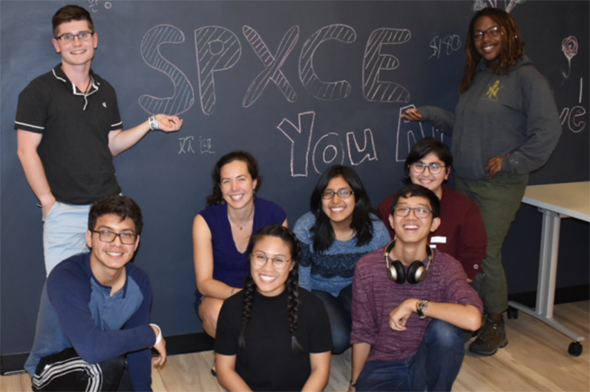Starting new conversations about identity abroad
New MISTI programs provide a platform for student dialogue on diversity in international travel, study, and work.

“We are proud of the diversity represented in MISTI participation. However, we must go beyond numbers and ensure that we are supporting all students to thrive abroad.”
— Mala Ghosh, MIT-India managing director and MISTI diversity lead
Students from diverse cultural, racial, ethnic, national or economic backgrounds; students with disabilities; LGBTQ+ students; first-generation students; and others face unique challenges when participating in international programs. MIT International Science and Technology Initiatives (MISTI), based in the Center for International Studies within the School of Humanities, Arts, and Social Sciences, has launched an initiative to address such issues and better understand those perspectives.
The mission is simple: to prepare and support all students while abroad. Through student blogs, guided peer-to-peer conversation sessions and tailored resources, MISTI aims to empower students with new methods for engaging with their identities during the course of their international experiences.
“I have always ‘traveled’ through the course of my life. I have, in my 19 years of life, lived in 19 different buildings, four different states, and two different countries. Being a first-generation, low-income student did impact my confidence in my abilities to do well traveling abroad. …Thankfully, there were MISTI resources available that helped me,” says sophomore Enriko Kurtz Granadoz Chavez, who participated in an internship in Santiago, Chile, at the University of Santiago de Chile through MIT-Chile.
Co-sponsored by the Institute Community and Equity Office (ICEO), MISTI received grant support to host speakers from Diversity Abroad for both staff and students in 2017, and this year received additional funding to foster student leadership. MISTI is focusing on professional development, campus collaboration, and student communication in order to better prepare students before departure to their host countries and to provide thoughtful support while students are abroad.
More SHASS stories about the Human Factor
Suggested links